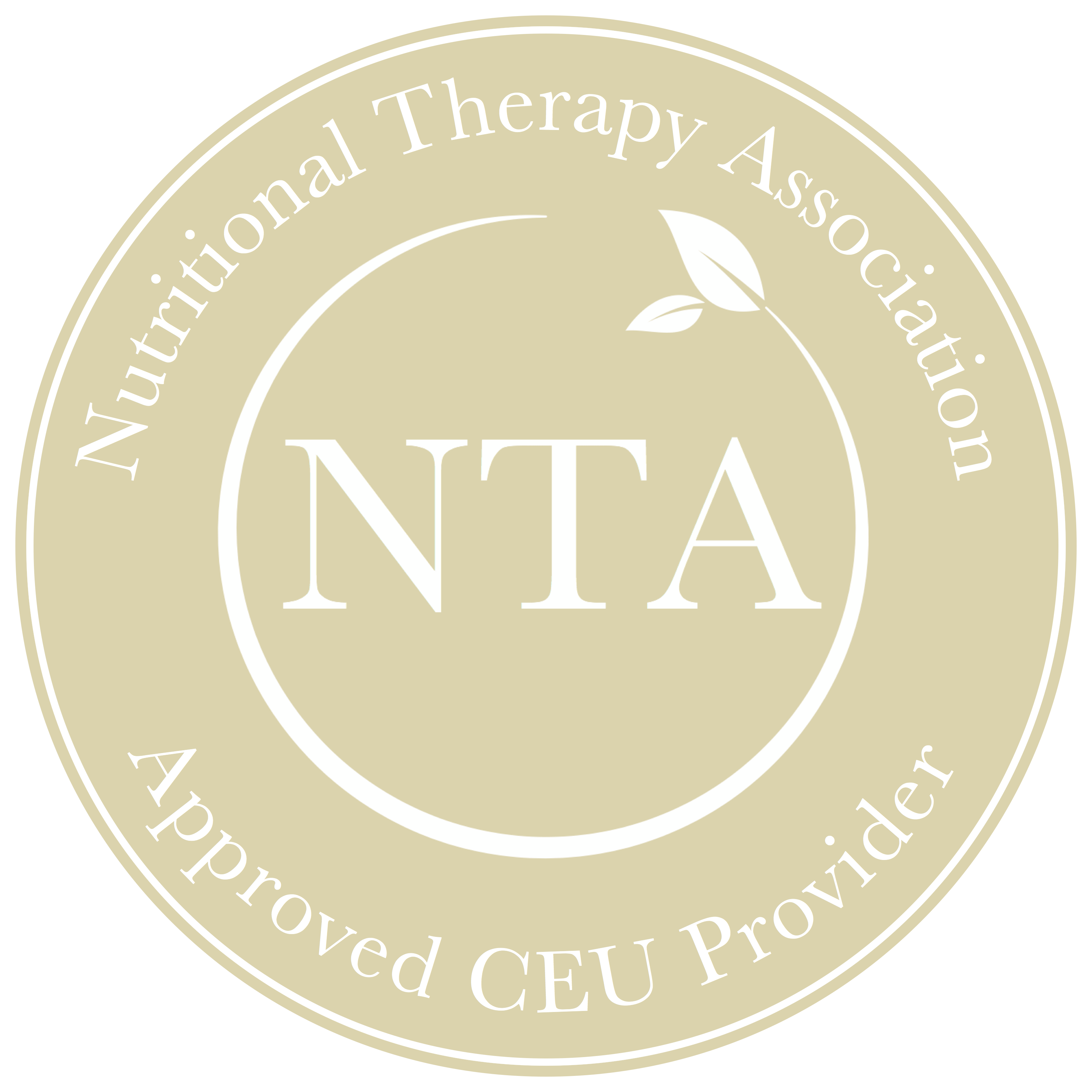I’m in a session with a new client (let’s call her Polly) who is 67-years-old. Her daughter, a longtime client, asked me to look into her mother’s health markers. Over the past year, she had become more forgetful, repetitive, and was at a continual loss for words; she knew what she was trying to communicate but couldn’t articulate it in the moment. And, of course, the issue worsened when she was stressed or nervous. Her constant forgetfulness made her more nervous and stressed so it was becoming a vicious cycle.
Her family was worried – was their beloved mother in the beginning stages of dementia or Alzheimer’s? The situation was exacerbated by a strong family history of dementia. In fact, this woman’s mother had died of advanced dementia.
As a practitioner, this is a tricky situation.
When people begin to notice their brain isn’t as sharp as it once was, they’re typically aware of the change but do their darndest to cover it up. No one wants to believe that their brain is deteriorating and, as a result, most people stick their head in the sand. That’s exactly where Polly was – she didn’t want to do any testing because she didn’t want definitive information that might confirm her deepest fears. Of course, that is her God-given right – we all get to choose how we live our lives, but her family very much wanted to know what was going on and do everything possible to stop the progression of deterioration.
Polly’s daughter has been a client for years and is devoted to doing whatever it takes to optimize her health so she suggested that she and her mom do a few tests together – kind of a mother-daughter exploration. Framed this way, Polly agreed to do a comprehensive blood panel and a Neural Health Panel, a test that measures critical brain health markers to help gauge a person’s ability to think, learn, remember, and move.
So here I am, in a Zoom meeting with Polly and her daughter to discuss the results of those tests. My approach in these situations is two-fold:
1) I come from compassion and love, letting the client know that I understand how hard it is to receive this type of information, and
2) I engender hope. This is not false hope – it’s my genuine knowing that we can address the problem and make significant improvements.
I’d taken a thorough history and analyzed Polly’s diet. Her Neural Health Panel revealed some neuronal damage and elevated tau proteins and alpha synuclein – these are markers that have been implicated in Alzheimer’s and dementia. Her blood work showed glucose dysregulation, the presence of oxidative stress, inflammation, low vitamin D, and poor detoxification – all underlying factors that can contribute to brain degeneration. I explained this to Polly and her daughter and they were actually excited to have some answers. At that point, I could easily have made dietary and supplement recommendations based on the results I had but I knew I needed more information.
I had agreed to do these two tests because Polly was willing to do them with her daughter, but I knew that to truly get to the bottom of her brain issues, I needed to see what was going on with her digestive system. Digestion is the highest priority of the body and this is especially true when it comes to neurodegeneration.
The digestive system is often called “the second brain” and the brain-gut connection is irrefutable. We’ve all heard the term “leaky gut” but what many aren’t aware of is that when the gut is leaky, the brain is directly affected. The gut-brain axis allows for bi-directional communication, with multiple areas of the brain controlling GI function. There is a growing body of research demonstrating that an altered microbiome is linked to an increase in blood-brain barrier permeability with dysbiosis acting as a trigger of neurodegenerative disease.
When asked about her digestion, Polly was quick to tell me that it was just fine, she had no issues. But as I probed a little deeper, she admitted she had occasional heartburn “when she ate the wrong things” and her stools were on the loose side. The truth is, when we don’t digest properly, we don’t get the benefits of our nutrients, and unidentified food sensitivities can create inflammation and digestive stress. I explained this to Polly and fortunately she agreed to do 2 more tests: a PCR stool test and a food sensitivity panel.
At our next session I went over the findings, which were quite revealing. Her food sensitivity test showed inflammatory reactions to foods she was eating all the time – caffeine, oranges, corn, sweet potatoes, and almonds, among others. Her stool test revealed significant imbalances in her microbiome, immune dysregulation, and a significant reactivity to gluten. All of this with someone who thought she digested just fine.
The protocol I created for Polly was targeted to address her underlying imbalances that can lead to brain degeneration. I asked her to clean up her diet and cut out all gluten and sugar and avoid the inflammatory foods identified on testing. She is already physically active and has a low-stress lifestyle, which is good. I recommended a number of key supplements to support digestive function, rebalance her gut microbiome, and address her blood sugar dysregulation. I also recommended targeted support for her liver and detox pathways and a powerful antioxidant.
Polly has been on her protocol for 6 weeks now and we met just this week to check in on her progress. It’s still very early in our work together but she is already noting several changes: she said her whole body feels good, her digestion is the best it’s ever been, her sleep is wonderful, and for the most part she feels sharper than before. Just as importantly, her daughter told me that Polly is having fewer occasions where she can’t find her words and seems a lot more relaxed.
I couldn’t have been able to help Polly without the proper testing. Knowing exactly what was going on with her digestion, identifying her adverse food reactions, and being able to read her blood markers allowed me to target the key drivers of her cognitive decline. I’m excited to watch Polly improve even more over the next few months.
If you are looking for the tools and training to have this kind of impact with your clients, the Restorative Wellness Solutions Level 1 class, Mastering the Art & Science of Gastrointestinal Healing, starts on Tuesday, March 1st. We are currently accepting applications from qualified practitioners here. Also, don’t forget to join our mailing list for upcoming announcements around free trainings, masterclasses, and other RWS programming.







